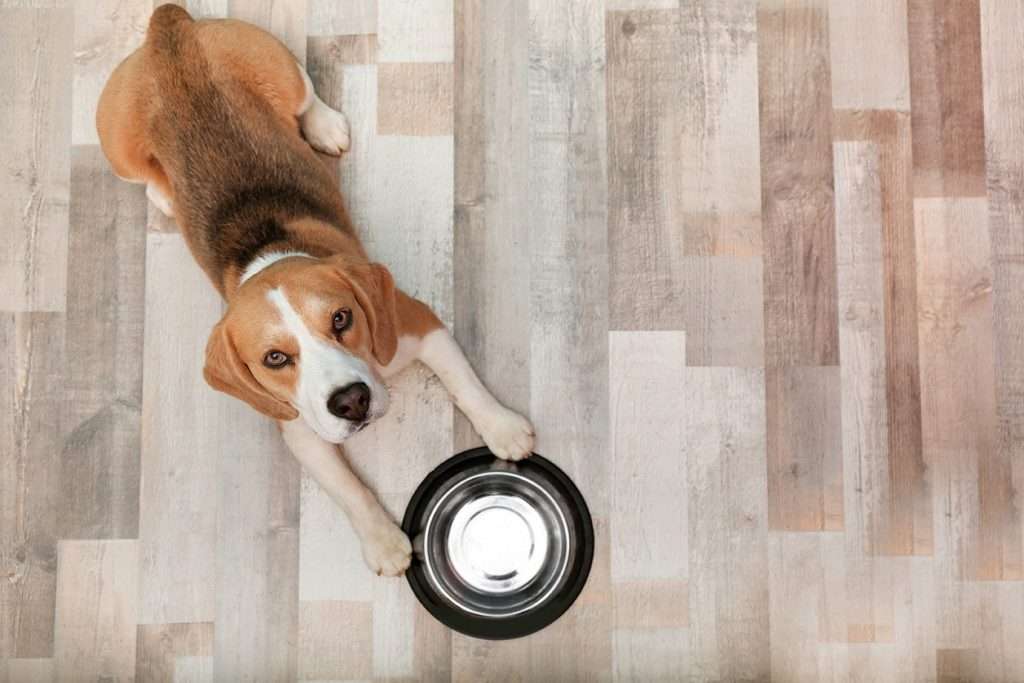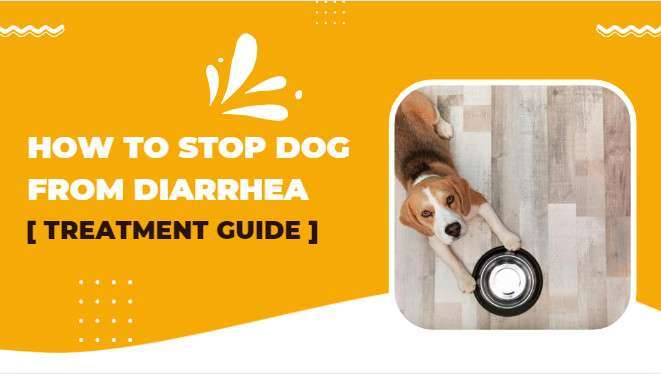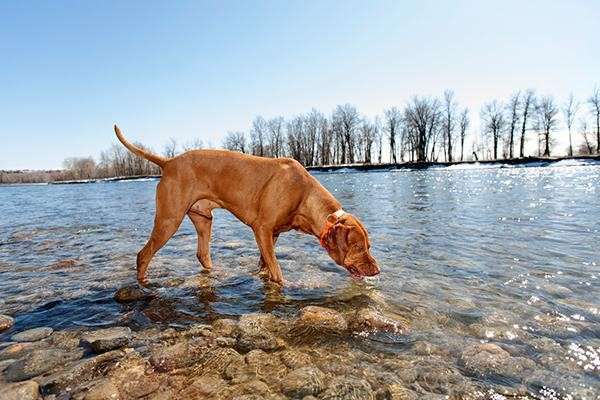Your dog is a walking scavenger! It’s designed to eat something pretty gross…but sometimes his digestive system stumbles upon something it can’t handle. In most cases, diarrhea gets better pretty quickly… but it can be difficult to treat or be a sign that something serious is going on. So if you find yourself cleaning the carpet, this quick guide can help you stop diarrhea in your dog quickly… and you’ll know it’s time to meet your vet.
If your dog has symptoms other than diarrhea, you should see a veterinarian as soon as possible. If your dog has any of the following symptoms, contact your veterinarian immediately to make an appointment.
- Laziness
- Bloody stool
- vomiting
- Rare saliva
- Anorexia
Diarrhea Causes
Like people, there are many reasons why dogs get diarrhea. Most commonly, dog diarrhea is caused by cleaning behavior, eating what you shouldn’t, or changing your diet. These includes
- Diet or treat changes
- Consuming foreign objects such as toys, bones, or fabric
- Toxic or poisonous
- products such as antibiotics
- Roundworms, hookworms, whipworms, coccidia, and giardia are parasites
- Infections caused by viruses such as parvovirus and distemper
- Bacteria like salmonella
- Cause IBD
 Home remedies for Diarrhea in dogs
Home remedies for Diarrhea in dogs
Fortunately, knowing how to stop a dog’s diarrhea doesn’t necessarily mean you have to go to a store or visit a veterinarian. In most cases, it is mild enough to be treated with the following home remedies:
Providing soft meal.
Do you know how crackers, bananas, and rice can help calm your stomach? The same goes for your bag. For the next 12-24 hours, skip the dog’s normal diet and instead serve a small meal of soft chicken and rice throughout the day. You may need to continue this diet for a few more days for your stomach to calm down completely.
Make them fast.
Dogs that are healthy and young can tolerate this method easily. For example, puppies and older dogs need as much food as they can gather, even if they have diarrhea, so fasting is not recommended. However, for other dogs, cutting back on food for 12 to 24 hours while providing water can allow the agitating material to pass through the gastrointestinal tract much more quickly.
Provide plenty of water.
Like humans, dogs can lose a lot of water and electrolytes and become dehydrated after diarrhea. Make sure they drink plenty of water by making multiple water bowls accessible. You can also add beef or chicken soup to the water to make it even more tempting.
Provides some good gut bacteria.
As with humans, the dog’s gut health is healthy and the good bacteria are removed after some episodes of loose stools. Give your dog some plain (sweetened and unsweetened) yogurt to help her tummy back up. Additionally, giving dog-friendly probiotics is a great alternative to help them feel like they used to.
Pure pumpkin
Give your dog a pure pumpkin. Pumpkins are an excellent source of dietary fiber and can help puppies get angry quickly.
Bonus Tip: When opening a box of pumpkins, we take about half and freeze them in the freezer. That way you’ll always have pumpkins on hand, plus they make great daily treats!
Native Pet offers organic air-dried pumpkins that are perfect for the pantry all year. Just add water to make a delicious pumpkin puree. We use it to make frozen treats and dogs love them!
Prevention
The best thing you can do for your puppy is to make sure they have plenty of healthy and balanced food and exercise offered daily. When your puppy is young, you need to switch to a new diet gradually. Your puppy may be infesting the spoiled food through the trash can, so keep them out of reach and be strict about keeping your puppy free of human food waste. You can also keep your puppy’s vaccinations up to date and control long-term parasites.
Make sure there is no stress when it comes to the dog’s environment. If your puppy is in the kennel with other pets, you will want to make sure it is clean and disinfected. Puppies are sensitive to their environment, so it’s helpful to stay in a regular routine of sleeping, eating, exercising, and walking. Another thing that can help is to provide weekly obedience training. You should pay attention to the consumption of plants and puddles, as there may be stools that can cause diarrhea during the walk. If you can’t watch your puppy, it’s a good idea to keep him in the kennel to prevent accidents.
Let’s watch a video
When you contact your veterinarian
If your dog has diarrhea but is behaving normally other than that, he probably doesn’t need to worry. Watch your dog’s bowel movements carefully to see if the problem has been resolved. If you have multiple episodes of diarrhea, it could indicate that your dog has serious health problems. Therefore, it is recommended to contact your veterinarian if your dog has had more than two seizures in the last day.
If the puppy is nervous to pass stool but only has a small amount of watery diarrhea, swallowing a foreign object such as a toy may have caused a painful obstruction. This is a very serious concern and requires immediate veterinary attention. Contact your veterinarian for treatment or go to your nearest emergency veterinary clinic.
If your puppies are experiencing recurrent episodes of diarrhea within a short period of time, they may be experiencing very serious health problems. This is even more of a concern if your canine friend is a puppy, is very old, or has a compromised immune system. Infectious diseases such as parvovirus cause infectious and life-threatening diarrhea. If your dog has recurrent episodes of diarrhea, contact your veterinarian immediately.
Conclusion
In summary, if your dog has diarrhea or vomiting for more than 2 days, contact your veterinarian. If your dog is generally healthy, you can treat his diarrhea at home with some home remedies such as rice water, pumpkin, yogurt, Imodium, and a light chicken and rice diet.



